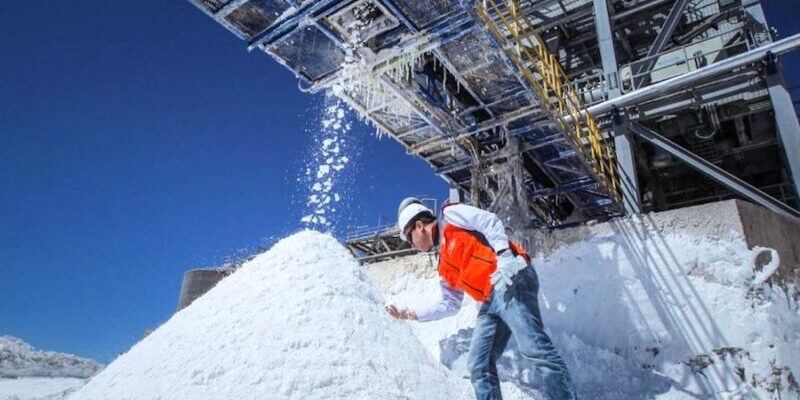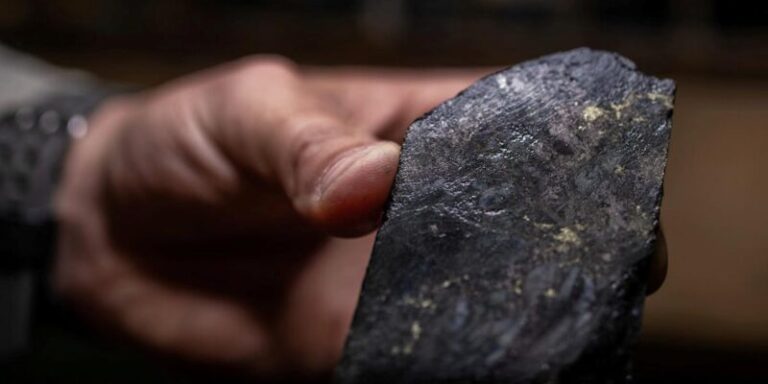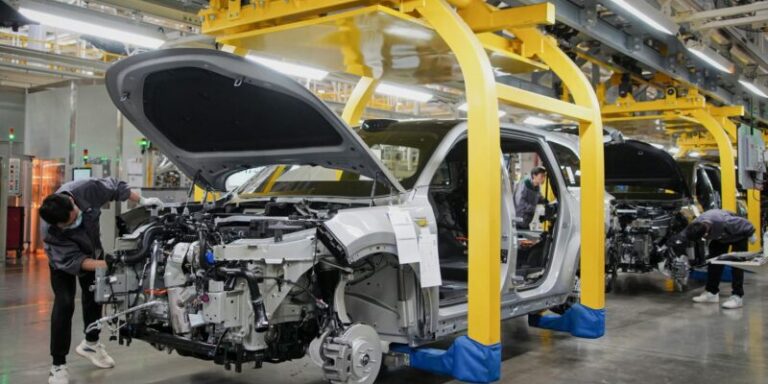
Negotiations for 2025 lithium supply contracts are underway, with producers seeking better terms after another difficult year for the critical battery material.
Lithium prices are on track for a second consecutive yearly decline, following a near-90% collapse from peak levels.
However, the worst of the downturn appears to have passed. In ongoing contract discussions, lithium refineries are attempting to limit the discounts sought by buyers in the battery supply chain, according to industry insiders.
Current talks indicate deals being discussed with discounts of 0% to 2% off a spot price index, compared to the 5% to 10% discounts seen in 2024 contracts.
The tighter margins reflect producers’ struggles with slim profits and an optimistic outlook for modest market improvements in the year ahead.
The supply agreements primarily focus on lithium chemicals, the refined products used in manufacturing cathodes, batteries, and electric vehicles (EVs).
The Asian market dominates lithium consumption, with most South Korean, Japanese, and Chinese buyers relying on long-term contracts for their purchases.
Deal specifics, including volumes, durations, and additional variables, remain subject to negotiation.
The lithium sector faced significant turbulence over the past year due to a slowdown in global EV adoption, leading to an oversupply.
However, recent developments, including a rebound in Chinese demand and a rush to boost battery sales in the U.S. ahead of potential policy shifts under Donald Trump’s anticipated presidency, have helped stabilize prices in the current quarter.
In contrast to the fixed-price contracts prevalent a few years ago, the EV boom has led to greater price volatility, prompting a shift to annual agreements tied to third-party spot price indices, similar to other metals like copper.
The decline in lithium prices contributed to the largest annual drop in average battery pack prices in seven years, according to Bloomberg New Energy Finance.
While this benefits EV manufacturers, challenges persist, including concerns over China’s economic stability, Europe’s sluggish EV transition, and uncertainties surrounding U.S. emission and trade policies.
Despite these hurdles, lithium producers are cautiously optimistic that improved contract terms and stabilizing prices will help the sector navigate the coming year.





